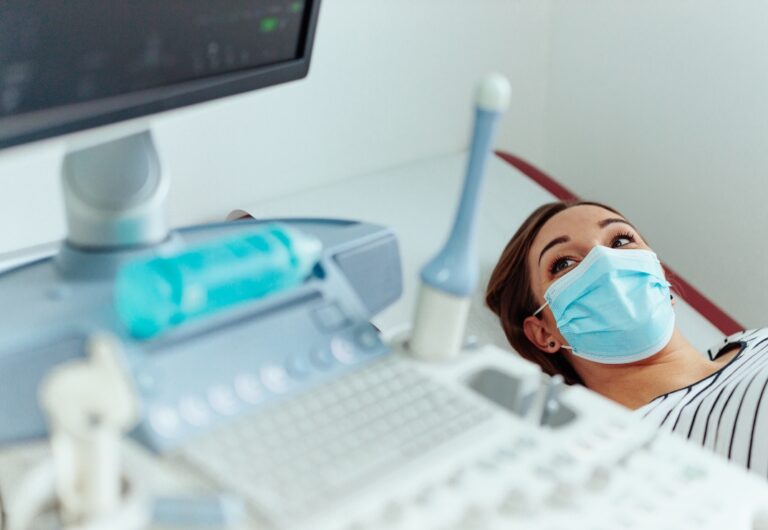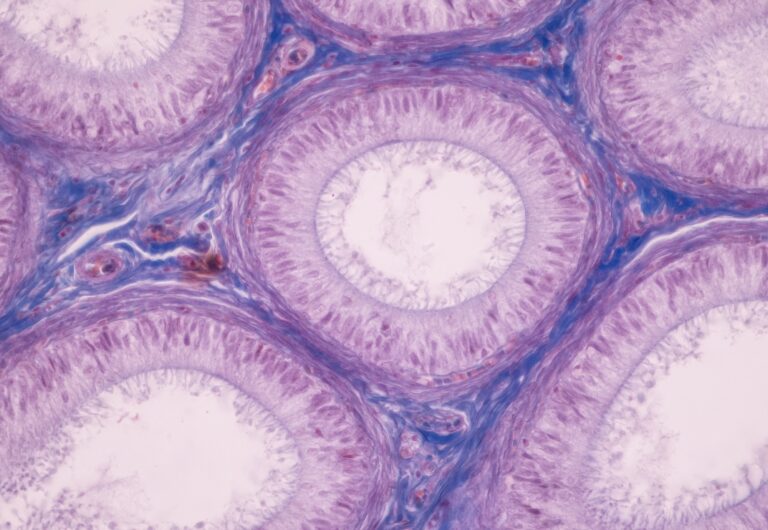A woman’s body must:
- Have a good reserve of healthy eggs
- Mature the eggs properly within the ovaries at the right time and pace
- Have clear fallopian tubes so that both the egg and sperm can enter and meet
- Develop a plush lining in the uterus at the right time to welcome an embryo
- Allow proper implantation of the embryo
- Fully nourish the fetus throughout its development
- Carry it for the full term
It is a complicated process that does not always go as planned. However, our physicians, along with cutting-edge technology and advanced medical techniques, can help resolve a large number of fertility issues.

Causes & Treatment
Countless factors affect fertility in women. Some of the most common include:
Polycystic Ovarian Syndrome (PCOS)
PCOS interrupts the maturation and release of eggs. It is characterized by infrequent periods, weight gain, male pattern hair growth and/or balding along with other symptoms. A number of options may be included as part of treatment, such as medications, diet and exercise and In Vitro Fertilization (IVF).

Endometriosis
Endometriosis occurs when the tissue that lines the uterus, the endometrium, grows outside of it. It can result in fallopian tube scarring, pelvic inflammation and pain, and other complications. Treatment may include surgery or IVF.

Age
A woman’s fertility starts to decline after age 30. As a result, the chance of chromosomal abnormalities increases. Treatment most often involves testing each embryo to determine whether the number of chromosomes is normal.

Adenomyosis
This condition occurs when endometrial tissue, which lines the uterus, grows into the outer muscular tissue of the uterus causing structural and functional issues. Treatment includes medication and occasionally, surgery.

Cancer
The disease itself, along with treatments such as chemotherapy and radiation, can greatly diminish or damage sperm and eggs. To prevent this, many patients freeze their eggs or sperm for future use prior to receiving cancer treatment.

Lifestyle
Everyone’s fertility is affected to some degree by lifestyle. Some choices enhance the ability to get pregnant while others reduce it. Being overweight, smoking, drinking alcohol, being sedentary and even exposure to some plastics can all decrease fertility. Treatment includes proper diet, weight loss, moderate exercise, and avoiding harmful substances (see www.lifechoicesandfertility.com).

Let’s Take the Next Step Together
Our skilled fertility specialists are here to help. Contact us today and let’s discuss the next phase of your fertility journey.